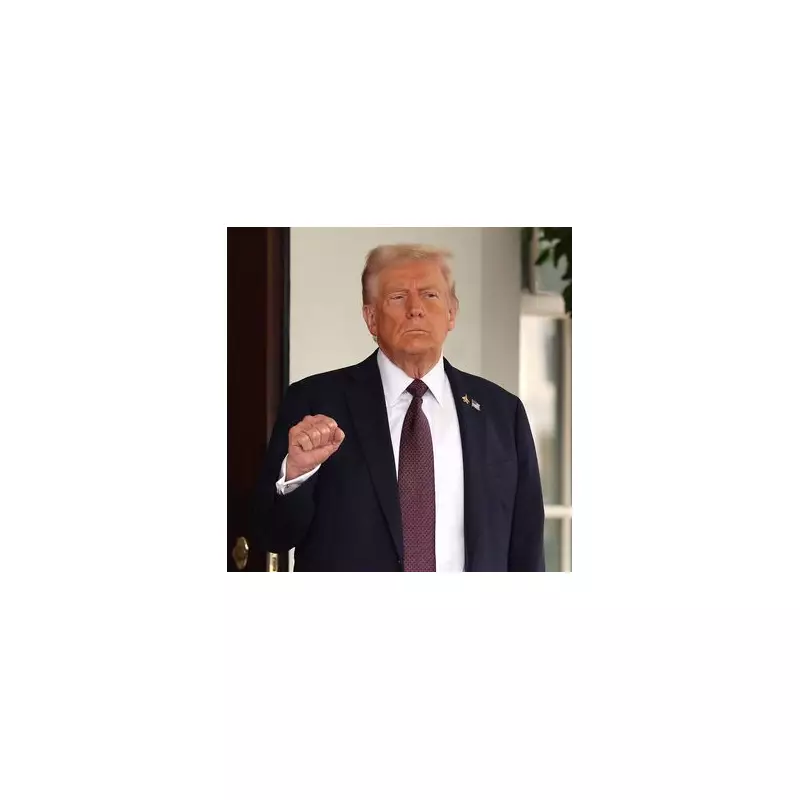
In a fiery campaign speech that's set to reignite America's immigration debate, former President Donald Trump has unveiled a radical new proposal that would see undocumented immigrants relocated to Democrat-controlled cities across the United States.
'We'll Send Them to Sanctuary Cities'
Speaking to supporters, Trump declared his intention to use existing federal authority to transport migrants from border areas to what he described as 'liberal-run cities that have embraced sanctuary policies'. The controversial plan would target metropolitan areas that have positioned themselves as welcoming to immigrants.
A Political Lightning Rod
This isn't the first time Trump has floated such an idea. During his previous administration, similar proposals emerged but faced significant legal and practical challenges. However, with the 2024 election heating up, immigration has once again become a central campaign issue.
The former president framed the policy as both a practical solution and political statement:
- Addressing overcrowding at border facilities
- Forcing Democratic cities to confront immigration realities
- Implementing what he calls 'the toughest immigration measures in American history'
Legal and Ethical Questions
Legal experts are already questioning the constitutionality of such forced relocations. Civil rights organisations have condemned the proposal as potentially violating individual liberties and using human beings as political pawns.
Meanwhile, mayors of potential target cities have pushed back strongly, with some vowing to resist any such measures through legal challenges and continued support for immigrant communities.
Broader Immigration Agenda
The relocation plan forms part of Trump's wider immigration platform, which also includes:
- Reinstating and expanding the travel ban
- Mass deportations of undocumented immigrants
- Ending birthright citizenship
- Completing the border wall
As the election campaign intensifies, this latest proposal ensures that immigration will remain at the forefront of political discourse, setting the stage for what promises to be one of the most contentious policy battles of the coming months.





